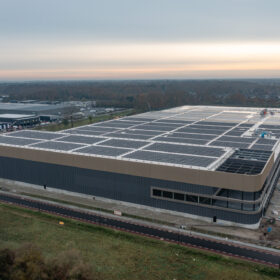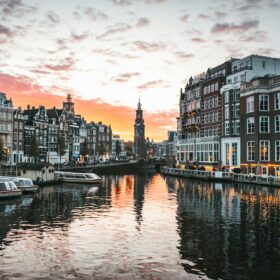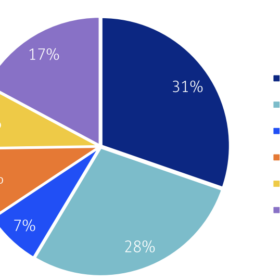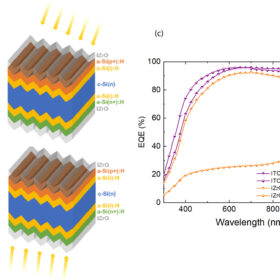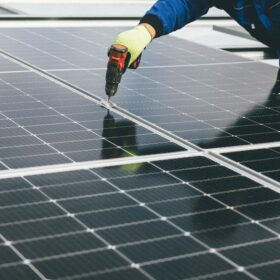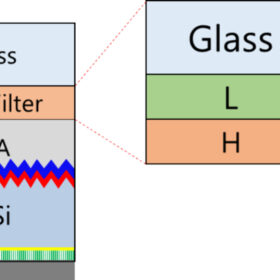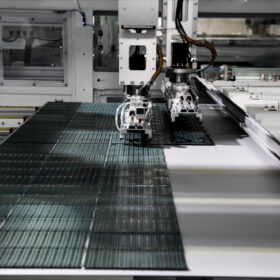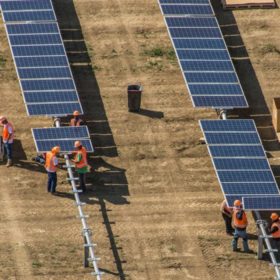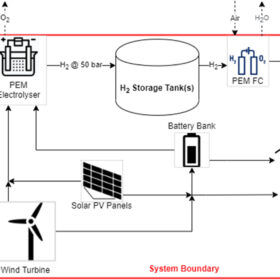The Hydrogen Stream: Russian researchers propose hydrogen extraction from gas wells
While a team of Russian researchers proposed a novel approach to produce hydrogen directly in gas wells, Plug Power and CPH2 secure certification for the hydrogen systems.
CPX and PanelClaw announce brand merge
The two companies will continue operations under the name PanelClaw, as they set out ambition to support commercial and industrial rooftop customers in both the United States and Europe, then eventually worldwide.
Amsterdam to allow solar panels on monuments
The Amsterdam municipal authorities say they will make installing solar panels and heat pumps easier and allow visible installations on monuments and heritage buildings.
The Hydrogen Stream: Lower costs needed for competitive green hydrogen
The Netherlands Organisation for Applied Scientific Research has provided figures for the levelized cost of hydrogen (LCoH) for major projects in the Netherlands, while Meld Energy says it is moving forward with its hydrogen plans in England.
Zirconium-doped indium oxide electrodes for heterojunction solar cells
A research team including scientists from Italian module manufacturer 3Sun has tested new zirconium-doped indium oxide electrodes in commercial heterojunction solar modules. The new electrodes reportedly achieve the same performance as their counterparts based on indium tin oxide and paves the way for lower indium consumption in heterojunction products.
Hard times for Dutch solar installers
A Dutch trade association has informed parliament about a possible wave of closures and bankruptcies in the rooftop solar segment in the Netherlands.
TU Delft scientists develop optical filter to improve IBC solar module performance
Researchers at the Delft University of Technology have designed an optical filter for the thermal management of IBC photovoltaic modules. The proposed technology can reportedly reduce the cell operating temperature by up to 2.5 C and extend the lifetime of a PV module by up to 2 years.
UPDATED – Aiko Solar wins first legal battle in patent litigation case against Maxeon in Netherlands
Aiko Solar has won a first battle in the patent litigation case against Maxeon Solar Technologies in a Dutch court. The judge has ruled that Aiko Solar did not infringe upon Maxeon Solar’s EP2297788B1 patent for back-contact (BC) solar cells.
Recurrent Energy secures €1.3 billion financing for European project pipeline
The subsidiary of Chinese-Canadian solar manufacturer Canadian Solar says the financing will go towards developing and constructing solar and battery energy storage projects across Spain, Italy, the UK, the Netherlands, France and Germany.
Hybrid hydrogen-battery system for off-grid PV-powered homes
Conceived by a Dutch research group, the proposed system is intended to store surplus renewable electricity via hydrogen generation and battery storage, with the latter being used only when hydrogen generation is not immediately available. Despite its high initial costs, the system can reportedly offer stable operation.

